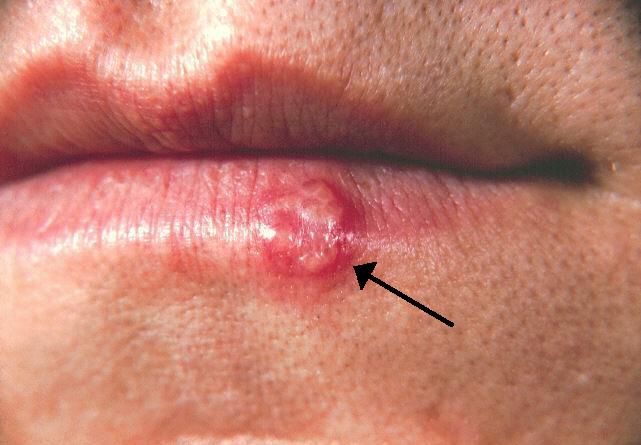Cold sores, also known as fever blisters, are a common viral infection caused by the herpes simplex virus type 1 (HSV-1). After the initial infection, the virus stays dormant in the body and can reactivate due to various triggers such as stress, illness, fatigue, or too much sun exposure. When reactivated, it often leads to painful blisters around the lips, though they can also appear on the nose, chin, or inside the mouth.
Managing cold sores effectively involves both medical treatment and simple lifestyle adjustments. Prescription antiviral medications like acyclovir, valacyclovir, and famciclovir can significantly reduce healing time and severity, especially when taken at the first sign of symptoms. Over-the-counter creams containing docosanol or numbing agents like lidocaine can also bring relief and may prevent the sore from worsening if applied during the early tingling phase.
Home remedies can complement medical treatments and help ease symptoms. Aloe vera gel is soothing and supports healing with its natural anti-inflammatory properties. Lemon balm (Melissa officinalis), a gentle herbal remedy with antiviral benefits, may shorten the duration of outbreaks when applied as a cream. You can also try a cold compress to reduce pain and swelling, or dab on diluted tea tree oil for its antiseptic and healing qualities.
To prevent future outbreaks, it’s important to identify your personal triggers and work to avoid them. These can include stress, sun exposure, hormonal changes, or specific foods like chocolate and nuts. Supporting your immune system through a nutritious diet, regular exercise, enough sleep, and possibly lysine supplements may help reduce the frequency of flare-ups. Finally, good hygiene—like washing your hands regularly, not touching the sores, and avoiding sharing personal items—is key to preventing the spread of the virus.
